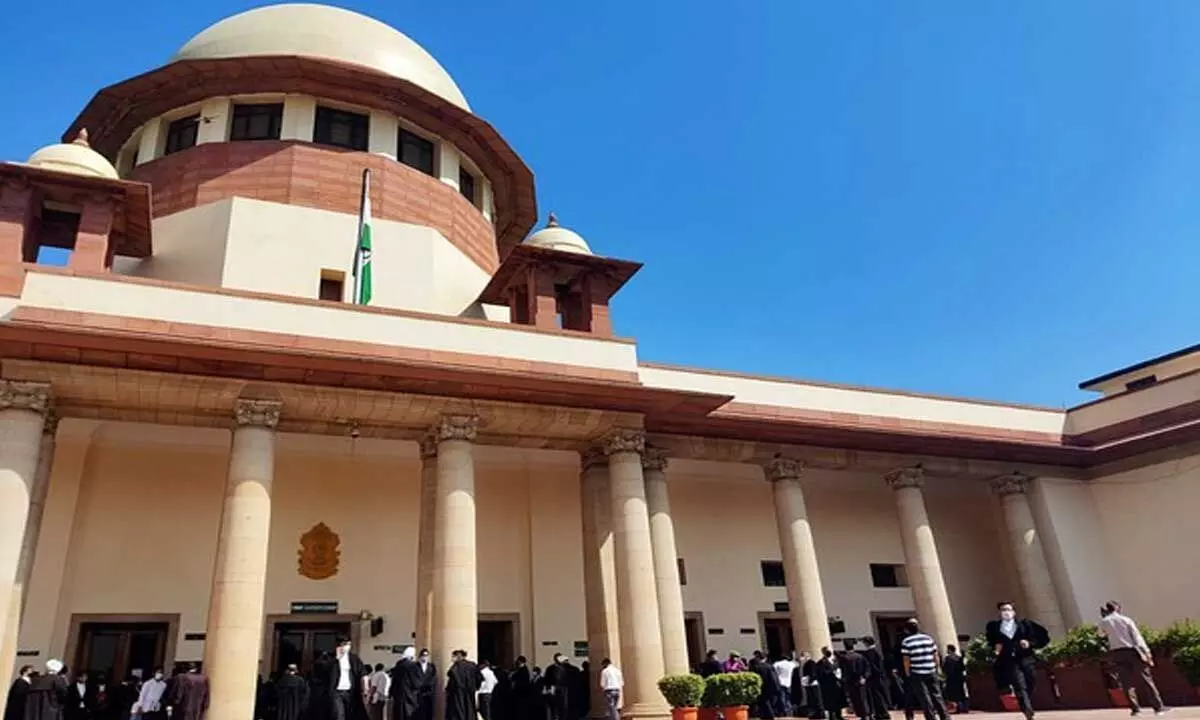Supreme Court reserves order on pleas opposing release of GM crops
Share :

Supreme Court of India
The Supreme Court on Thursday reserved its orders on a batch of pleas opposing the release of genetically modified organisms (GMOs) into the environment unless a robust regulatory system is put in place by the government.
New Delhi: The Supreme Court on Thursday reserved its orders on a batch of pleas opposing the release of genetically modified organisms (GMOs) into the environment unless a robust regulatory system is put in place by the government.
A bench presided over by Justice B.V. Nagarathna finished hearing the oral arguments advanced by Attorney General (AG) R. Venkataramani and Solicitor General (SG) Tushar Mehta, the senior law officers representing the Centre and advocate Prashant Bhushan and senior advocate Sanjay Parikh, appearing for the petitioner NGOs and environmentalists.
During the hearing, SG Mehta said that by employing genetically modified (GM) mustard hybrids, the domestic production of edible oils will increase while reducing the dependency on other exporting countries.
“The only question is if we should be growing it here or importing from other countries…we need more food security by growing indigenous varieties and less foreign dependency,” he said.
In an earlier hearing, Bhushan had contended that the case relates to biosafety of GM crops and consuming them could result in toxicity, allergies and other “unintended consequences”.
Referring to various scientific reports, he had said that genetically modified crops have revealed adverse impacts on agriculture and the environment and it may pose a threat of contaminating other flora and fauna of the country.
“Therefore, the issue of regulation and biosafety of these genetically modified organisms has become a major issue across the world,” Bhushan had said.
Earlier in August 2023, the top court had refused to pass any urgent directions on the Centre’s application which had sought release of GM mustard for seed production and testing.
“The environment and ecology has to be maintained.. One year, here or there, does not matter. The environment harm cannot be reversed,” it had told the Centre.














